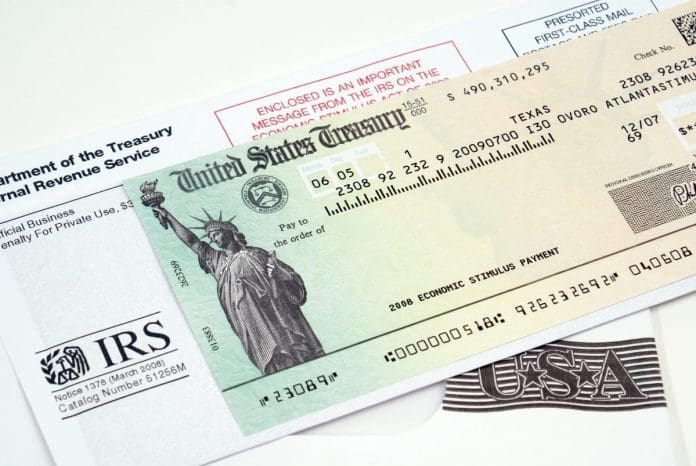American businesses and individuals have received a variety of stimulus payments in 2020 and 2021 to keep the American economy afloat during the peak of the Coronavirus.
Since then, numerous attempts at a fresh stimulus check have been undertaken by lawmakers and others. Despite a steep two-month recession in 2020, the economy is expected to fall for many quarters in early 2022, which might signal the start of another recession.
To avoid a recession, many US citizens are flocking to the federal govt or specific states for another stimulus check. But are some of the suggestions actually doable? Further government tests of the stimulus plan after August 2022 are unlikely. Through discount cards or gas tax exemptions, the Biden administration has provided some modest assistance from rising gas costs, but neither measure has so far garnered much attention in Washington.
Additional direct incentive award discussions have likewise been drastically curtailed. However, given that it seems like the US is in a recession, these ideas might acquire traction later this year.
Stimulus Check Updates From Some States
California
Also known as the middle-class tax break, California will send a stimulus package to its residents between Oct 2022 and Jan 2023. Fees vary based on income, savings status, and dependents.
Delaware
Delaware was one of the first players in the major stimulus game, sending $300 in rebate checks starting in May.
Colorado
Last May, Colorado approved tax credits of $750 for individual filers and $1,500 for joint filers. Coloradans who file their main taxes by June 3021 are expected to be audited by the end of Aug. Tax credits will be approved in Jan for those who submit their tax returns by Oct 17.
Georgia
Georgia is another state that offers $250 for individuals, $500 for couples, and $375 for heads of household beginning in May 2022.
Florida
Florida sends 59,000 low-income families stimulus checks of $450 per child.
Hawaii
Beginning in the last week of August, Hawaii will begin offering a $300 tax credit to taxpayers earning less than $100,000 a year or married couples earning less than $200,000 a year. Those who earn more can get a $100 rebate.






